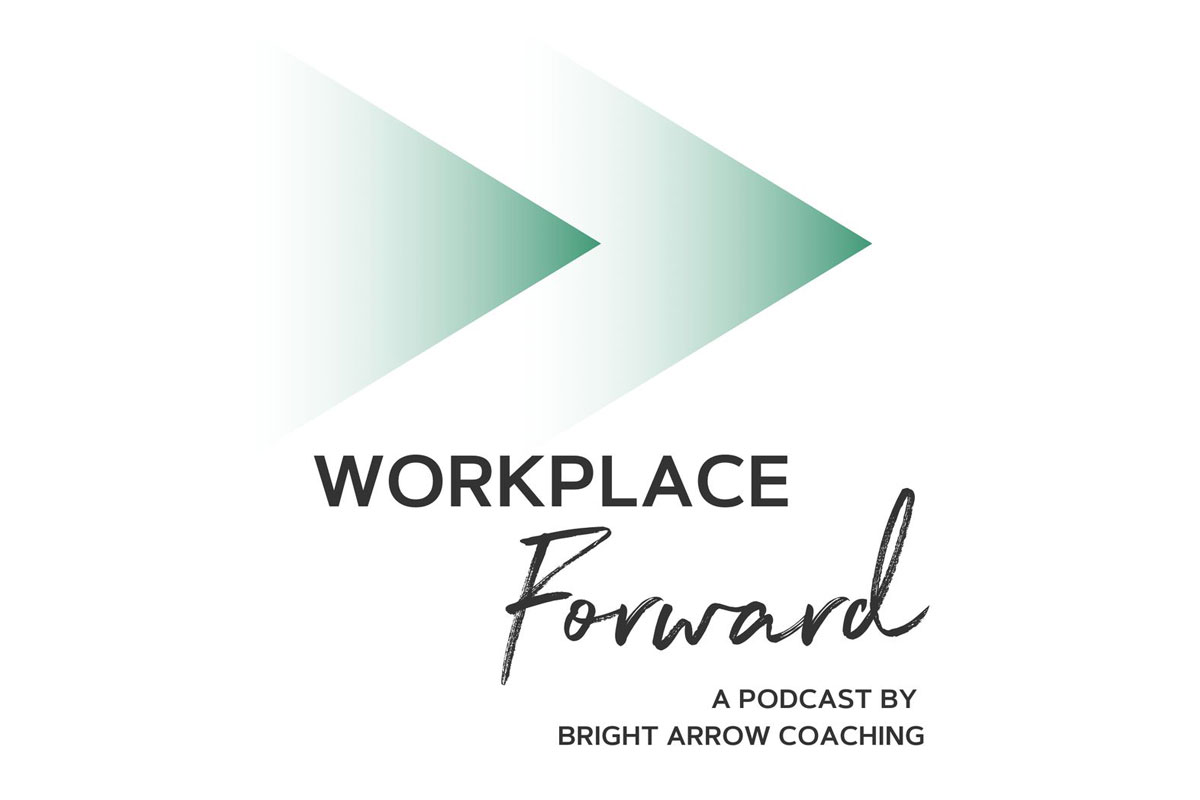This post was originally published at Fast Company.
For nearly a decade, I’ve been a mentor to other professionals in need of guidance but, personally, I didn’t have a formal mentorship for several years. Part of the reason was I found it difficult to find a fitting mentor I could develop a fruitful relationship with.
The experience introduced me to the intricate process it takes to forge a connection with a new mentor. And as an executive coach, I am constantly watching my executive clients struggle with the same process.
Below are four strategies to find and collaborate with mentors who can help elevate your career and (particularly if you are trying to change industries) can help you reach your goals. I turned to these tips to carve out opportunities for myself, as well as to steer my executive clients to their next professional aim.
LEVERAGE MICRO-MENTORING MOMENTS
If you’re a self-starter, you’re probably familiar with the process of blazing your own trail. I likewise know this process. This meant that I often found myself in unfamiliar territory, needing to figure out areas that were outside of my wheelhouse. The situation created frequent opportunities to seek what I call “micro-mentoring” moments—or informal touchpoints with people who possessed the expertise in specific niches that I lacked.
For example, if you are creating a program that includes a large component focused on people, it might make sense to reach out to industry experts who lead programs similar in scope to yours. You can reach out to HR pros to ask for their best practices and insights around topics like payroll costs, hiring trends, and talent development.
Taking advantage of micro-mentoring requires setting your ego aside and acknowledging that you don’t know something. It takes believing you can learn from everyone you meet and asking them to share their knowledge with you. If you use this approach, you’ll be able to absorb micro-mentoring moments wherever you go.
THINK OF YOUR CONNECTIONS AS RECIPROCAL MENTORS
From the very start, it isn’t always possible to begin with a traditional mentoring relationship, wherein you’re mentored by a more tenured or experienced person in your industry. If you don’t have this opportunity just yet, try looking a bit closer to home. You can start your mentorship journey by reciprocal mentoring with a peer, which can help build an effective connection and provide an accountability partner to each other’s success.
While receiving and giving mentorship with a peer means your mentor will be at the same level or share similar experience, it’s still a great way to receive professional insights and observations from someone you trust.
In my own experience, I tapped into a reciprocal peer-mentoring relationship at work for several years as a mid-level leader and early executive. Over those years, my peer mentor and I helped each other grow in core areas in our careers, while consistently supporting each other. I helped him identify and understand workplace politics, while he taught me how to do deeper financial analysis and projections for my budget and business cases, alleviating very real struggles with Microsoft Excel.
CLARIFY WHAT SORT OF GUIDANCE YOU’RE SEEKING
I once initiated a mentor-mentee relationship with a senior member of my company’s executive team. Of all the execs at the time, I felt closest to her and believed that our values were most closely aligned. We had worked on several projects together, and I admired how her approach with clients and stakeholders felt uncontrived and trustworthy, which created ease in everyone around her.
But when we met to explore a mentoring relationship, it felt disjointed. Our conversations were awkward; we both felt something wasn’t flowing. I later realized that the disconnect wasn’t just about communication styles, but that I fell short on bringing clarity to the relationship, including what I wanted from her mentorship. A healthy mentoring relationship is one in which the mentee has clear goals identified for support, and feels solid about a chosen career path, at least in the near term.
There are several career milestones that most commonly warrant a mentoring relationship. When you have been promoted and feel like it is a big stretch in responsibility for you, an appropriately sophisticated mentor is a true benefit. If you have received feedback that you can improve one of your skills or job capabilities, a targeted mentor with mastery in these areas can invigorate your growth. Should you arrive at a point in your career where you think you are at a crossroads with your current organization but are not totally clear, a seasoned external (or trusted internal) mentor’s perspective can help you get clear on what is really important about your next step.
CREATE A MENTORSHIP “WISH LIST”
To help gain clarity into what your specific mentoring needs are and what your ideal mentor would bring to the table, it’s helpful to list some key points about what you hope their profile and background would look like—or a “wish list,” if you will. For example, when I did this exercise, I looked for mentor alignment on the following facets:
- Self-describes as an entrepreneur with at least a dozen employees of a profitable, growing startup.
- Understands what it feels like to risk their own money, stability, and relationships to build a business.
Bootstrapped their venture. - Feels personally tied to the mission of a business because it is making the world a better place.
- Enjoy sharing experience and knowledge in an open manner.
To gain further insight to what I wanted in a mentor, I also wrote down key facts about my own personal and professional past, which may influence the mentorship. Afterward, I described the first three years of growth of my business, detailing my service offerings, contractors, and financials. I also shared my business philosophies and personal truths.
While taking the time to articulate all of this may seem like a lot of work, it pays off by helping you understand exactly why you want a mentor, what type of mentor you seek, and what are the ultimate benefits of building a new connection with a mentor.
Love this post? For a regular dose of empowerment delivered right to your inbox, sign-up for Bright Arrow Digest here.









